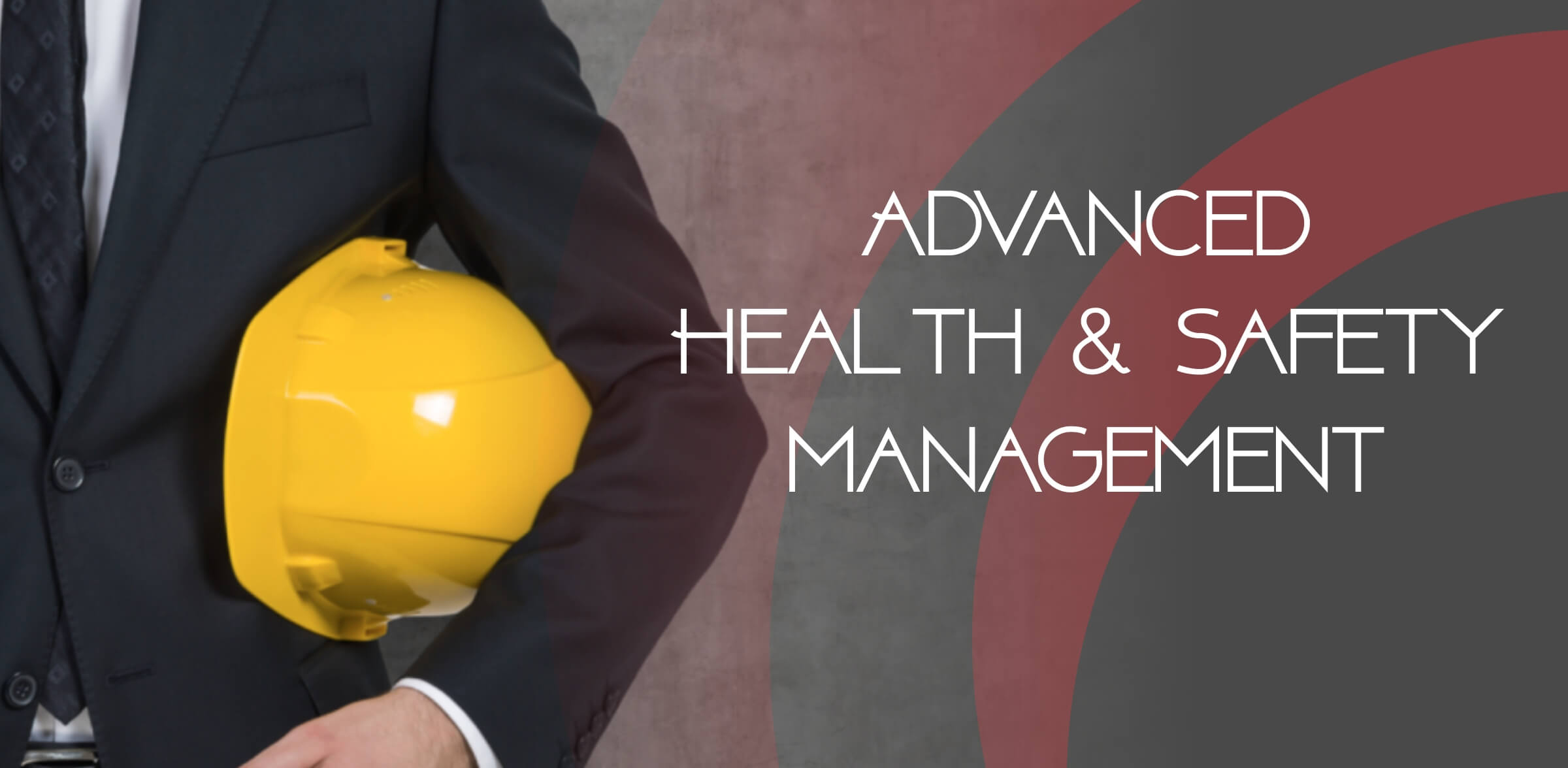CONSULTANCY SERVICES

Web providing international standard Consultancy Services…
HACCP Program Implementation
HACCP stands for Hazard Analysis Critical Control Point and is a Food Safety methodology that relies on identification and monitoring of points critical to food safety (Critical Control Point or CCP) in food chain to ensure that food is safe for human consumption
HACCP Implementation consists of the following steps
Gap Analysis / Structural Survey
Implementation of HACCP Pre-Requisites
HACCP implementation
Training
HACCP Manual Delivery
Benefits of HACCP Implementation
Proactive Food Safety Management System
Control over the occurrence of potential food safety hazards in food supply
Enhanced public health
Increased customer confidence
Legal Compliance
Cost effective


Consultation & Implementation Of OHSAS 45001
OHSAS 18001 is an Occupation Health and Safety Assessment Series for health and safety management system. It is intended to help an organizations to control occupational Health and Safety Risks.
Ensures health and well-being of employees, Sub-contractors and the public
Possible cost saving from public liability insurance premiums
Maintaining compliance to legal requirements
Minimizing risks of downtime through accidents
Increases employee motivation though the provision of a safer workplace and participation process

Implementation Of ISO 22000 – Food Safety Management System
The international standards specifies the requirement for a food safety management system where an organization in the food chain needs to demonstrate its ability to control food safety hazards in order to ensure that food is safe at the time of human consumption.
Interactive Communication
System Management
Prerequisite Program
HACCP Principles
Consultation & Implementation Of ISO 9001:2008 – Quality Management System
ISO 9001 is the world’s most recognized quality management standard. This quality management standard will help you to continually monitor and manage quality across all operations and also will provide the foundation to better customer satisfaction, staff motivation & continual improvement
Benefits of ISO 9001 Implementation
Enhanced customer satisfaction that improves client retention
Consistency in the delivery of your service or product
Improved communication, planning & administration with an organization
Improves business performance and manages business risks
Focused management of suppliers and subcontractors
Ensuring qualification and competency of people.
Enhances creditability and improves competitiveness in a challenging market


Implementation Of ISO 31000 – Risk Management System
ISO 31000 applies to organizations of all types and sizes. It outlines the principles that make risk management effective and a framework to support the implementation and continual improvement of risk management throughout the organization and the process for
managing risk.
Risk management is to ensure that an organization has a current, Correct and comprehensive understanding of its risk
Proactively improve operational efficiency and governance
Build stakeholder confidence in your use of risk techniques
Apply management system controls to risk analysis and minimize losses
Respond to change effectively and protects your business as you grow
Implementation of ISO 14001 – Environmental Management
ISO 14001 is an internationally agreed standard that sets out the requirements for an environmental management system.It helps organizations improve their environmental performance though more efficient use of resources and reduction of waste, gaining a competitive advantage and trust of stakeholders.
Benefits of ISO 14001 Implementation
Deceasing costs though increased efficientes
Develop the corporate image and credibility
Ensure legislative awareness and compliance
Improve environmental performance of supply chain
quantity monitor and control the impact of operations on the environment, Now and ind future

